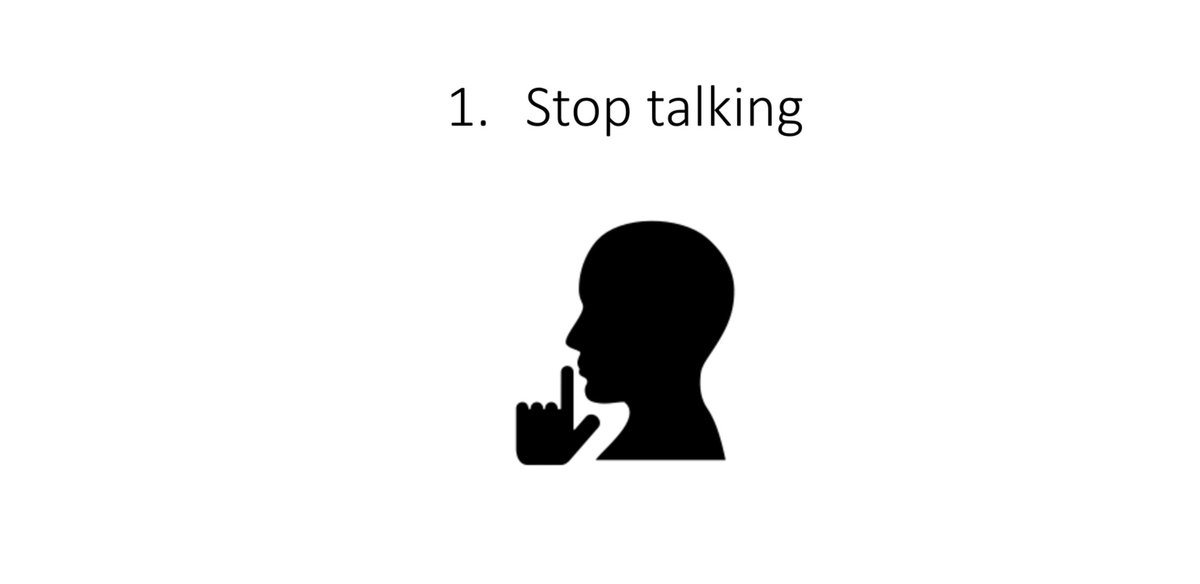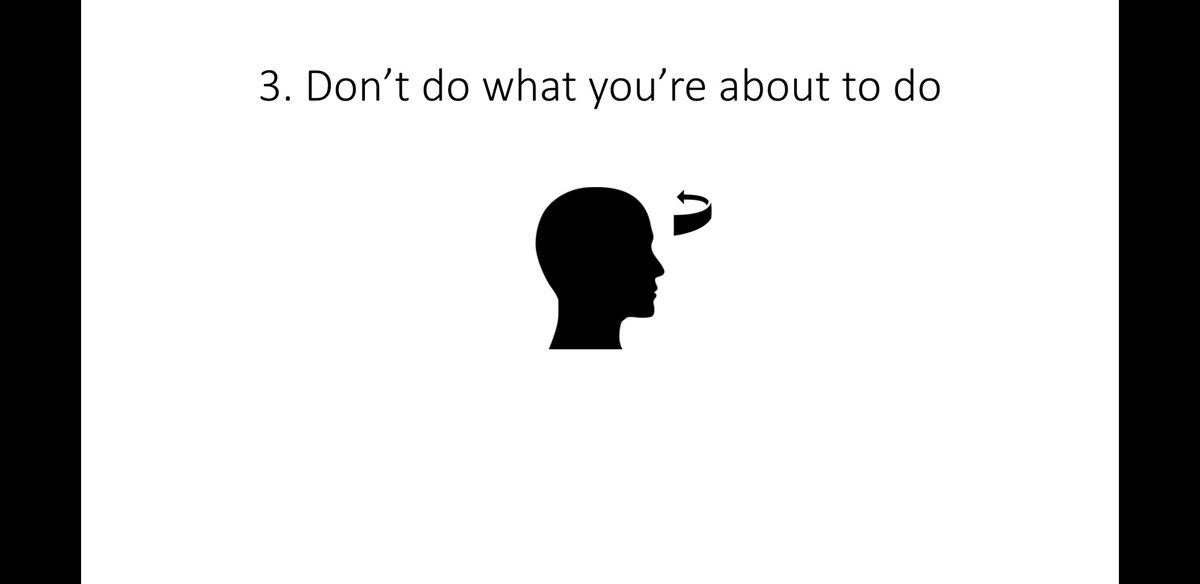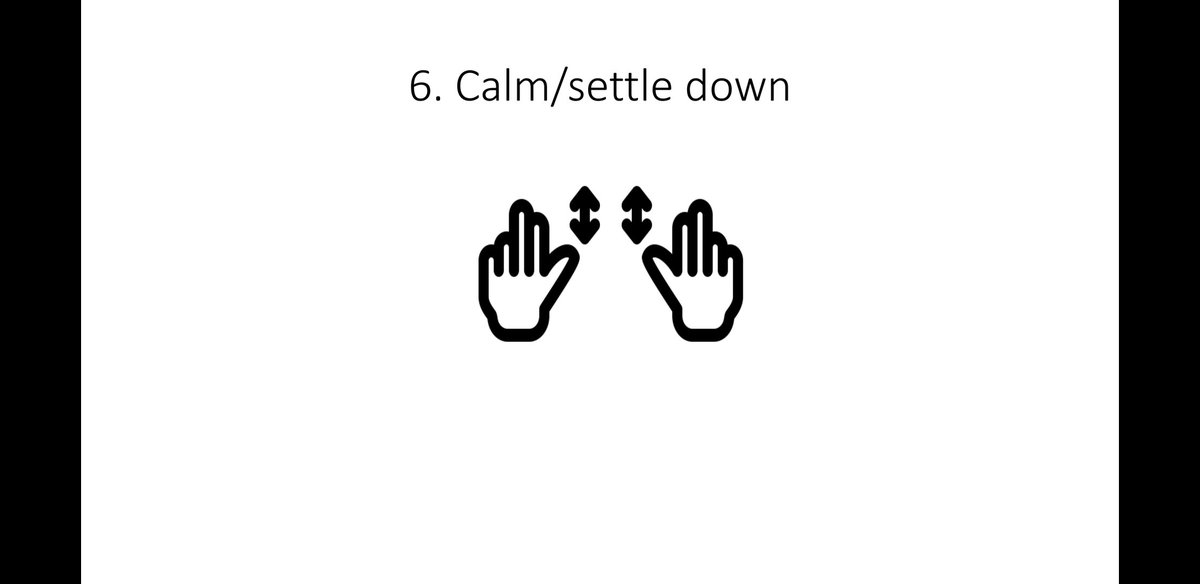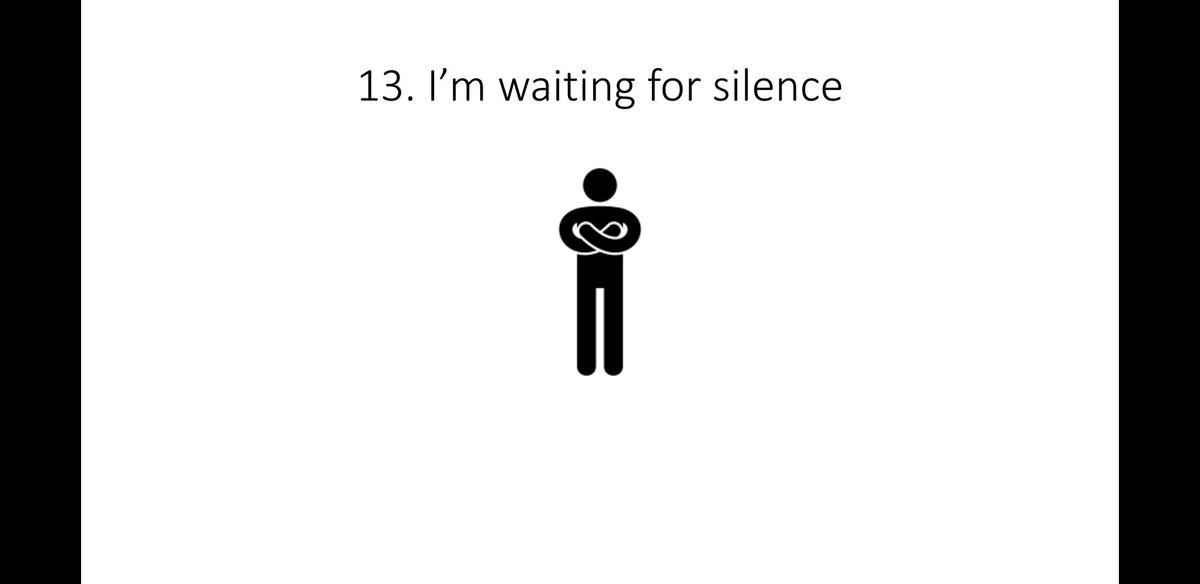Santkumaras-The four adorable kids of the Universe.
The Kumaras r the four sages who roam the Universe as children from the Puranic texts of Hinduism named,Sanaka, Sanatana,Sanandana& Sanatkumara.They r described as the first mind-born creations &sons of the creator God Brahma.
Brahma,who had received the knowledge of Puranas from the Universal being(God Himself), imbibed this to his 4 Kumaras.
Sanat Kumaras then taught the Puranas to Narada.Narada transmitted it to Krishna Dwaipayana who in turn scripted them in monumental epic documents of 18 Puranas.
The Vishnu Purana is recorded in two parts,the Vishnu Purana & Naradiya Purana.The teachings of Sanaka of the Kumara brothers r contained in the Naradiya Purana which is also divided in two parts, the first part containing the teachings of Sanaka &second part,teachings of others.
Born from Brahma's mind,4 Kumars took lifelong vows of celibacy against their father's wishes.They r said to wander throughout materialistic &spiritualistic universe without any desire but with the aim to teach.All 4 brothers studied Vedas from their Childhood&travelled together.
The Bhagwata Purana lists the Kumaras among the 12 Mahajanas(great devotees or bhaktas) who although being eternally liberated souls from birth, still became attracted to the devotional service of Vishnu from their already enlightened state.










